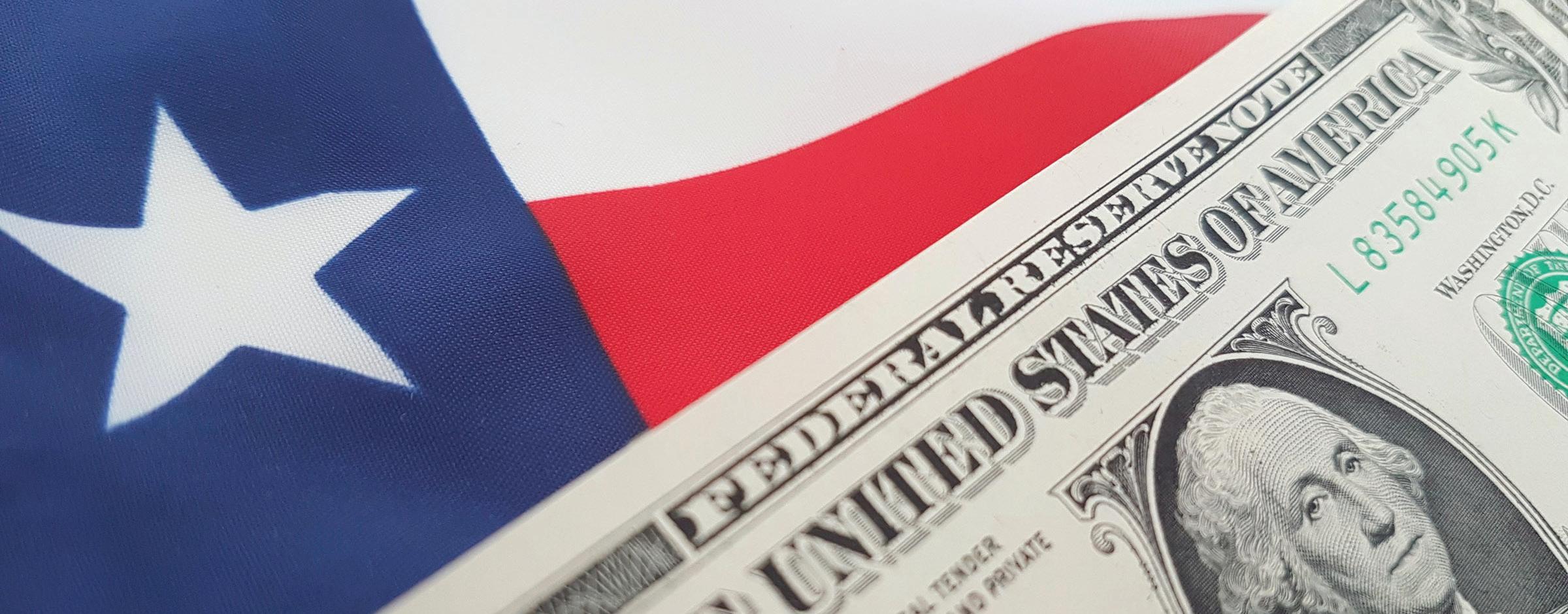TAX TOPICS
A TAX REFORM IDEA BIG ENOUGH FOR TEXAS
A
By Jade Walle, CPA
lthough Texas currently has no state income tax, in 2019, the state Constitution was amended to ban any future individual income tax. Proposition 4 was approved by a two-thirds legislative majority. After this high hurdle was reached, a statewide referendum resulted in 74.4% of Texans voting (1,477,373) to approve the Constitutional amendment and 25.6% (509,547) voting against. The legislative vote was surprisingly bipartisan, with 29% of Democrats supporting the amendment. It appears that the disdain for an individual income tax resonates beyond party lines, with Texans agreeing to permanently alter the state Constitution with a 49-point differential. Texas is one of seven states that does not impose any income tax and like 18 other states, has no estate or inheritance tax. Obviously, Texas is off to a great start, but the question is whether the current system is the best it can be for Texas. You might be wondering what CPAs have to say about the merits of what a “good” system of taxation looks like. Although we risk sounding oxymoronic, the inevitability overcomes us as we all are innately aware that some system to raise the state’s revenue is necessary. What the state decides to spend its receipts on is another matter, but in any case, revenues are needed to run the state’s government and provide some level of service to citizens. Knowing this reality, the question then becomes, what is the ideal tax system and what should it look like? AICPA
10 Texas Society of CPAs
responded in its October 17, 2005 release “Understanding Tax Reform: A Guide to 21st Century Alternatives,” saying we should evaluate tax reform based on the following principles: • Simplicity, • Fairness, • Economic Growth and Efficiency, • Neutrality, • Transparency, • Minimizing Noncompliance, • Impact on Government Revenues, • Certainty, and • Payment Convenience. In Adam Smith’s book, The Wealth of Nations (1776), Smith argued that taxation should follow the four principles of: • Fairness, • Certainty, • Convenience, and • Efficiency. Currently, Texas’ Office of the Comptroller of Public Accounts oversees the state’s finances and the collection of over 60 different taxes, fees and assessments. State sales taxes (a 6.25% state rate that may be increased up to 2% for local sales taxes) make up approximately 57% of taxes collected, which was $34 billion for fiscal year 2019. An additional $25 billion comes from taxes on other goods and transactions, such as oil production, motor vehicles, cigarettes and natural gas. Separate and apart from the state Continues on page 12













